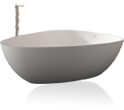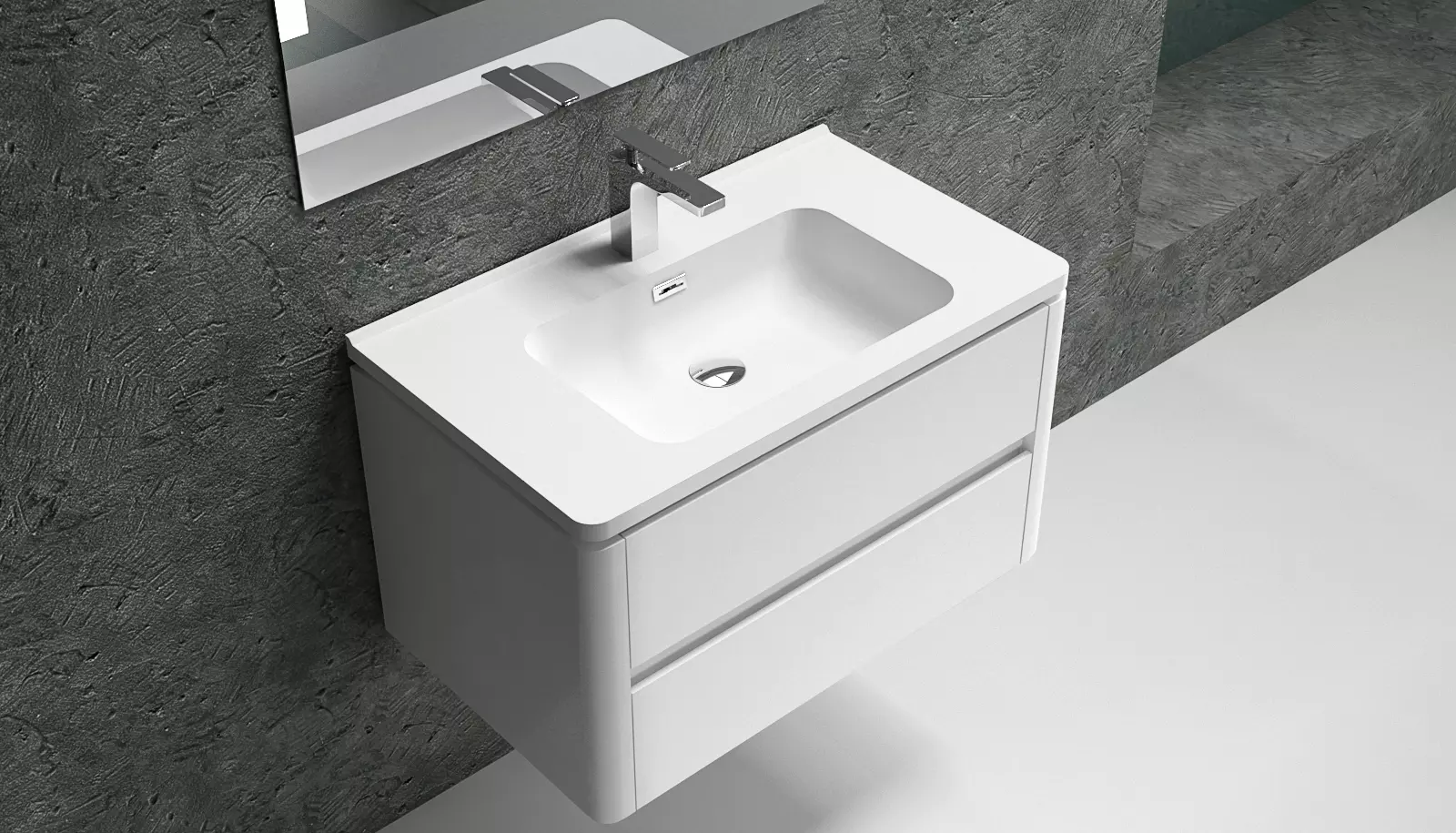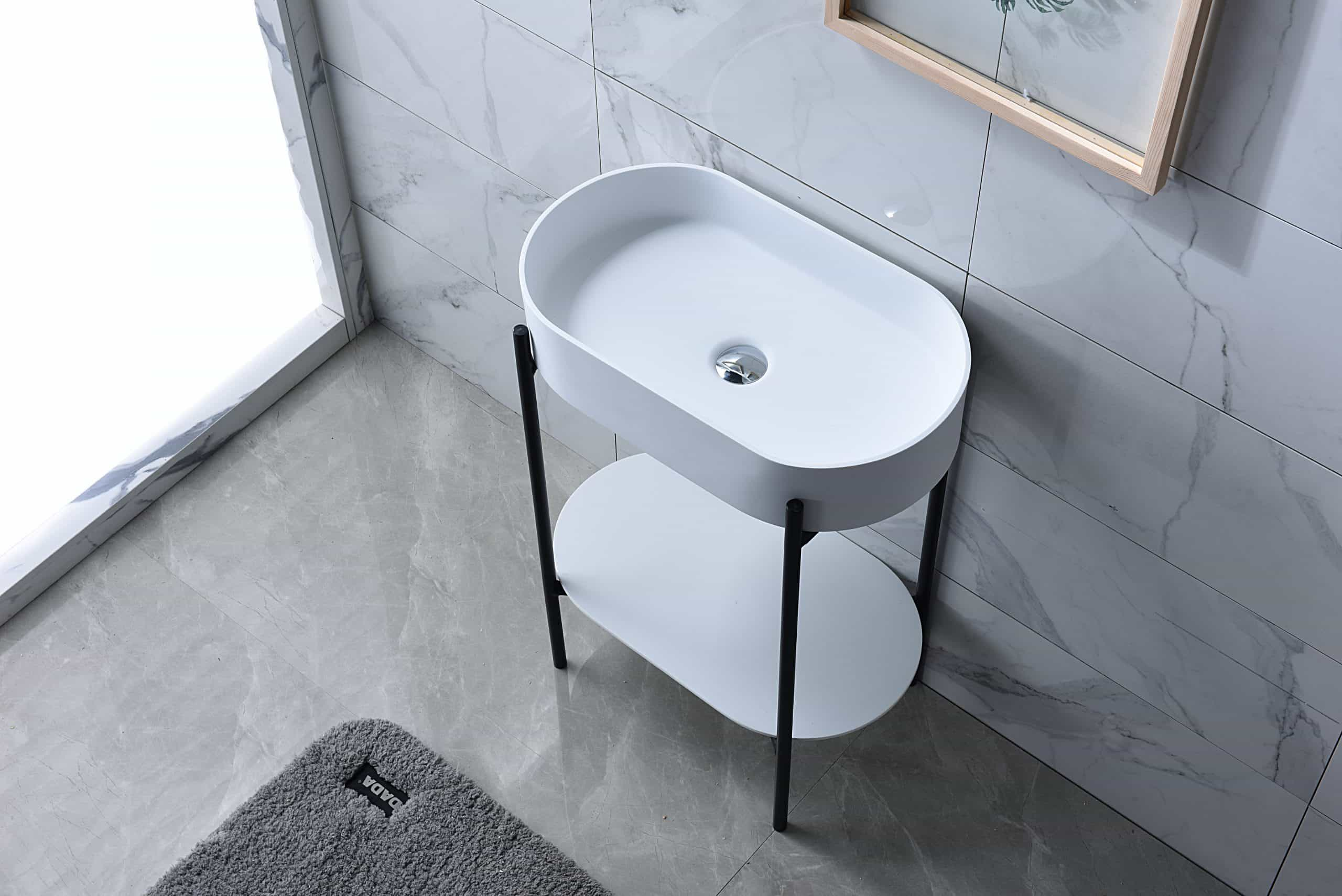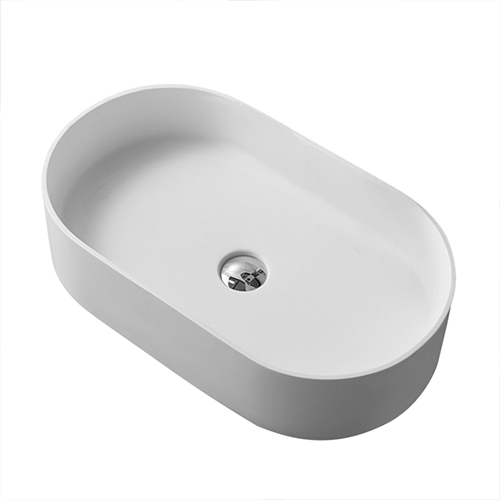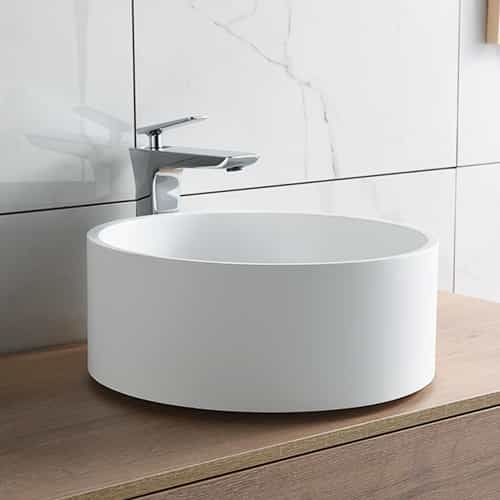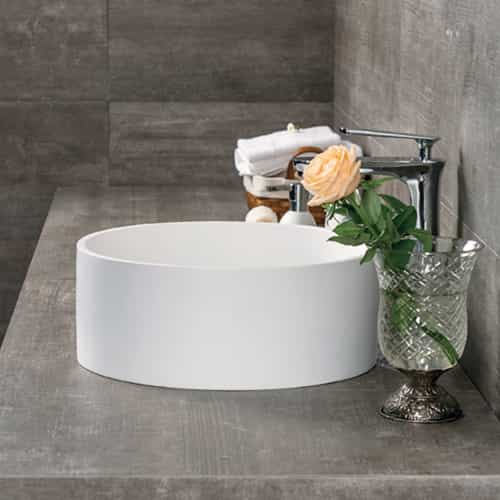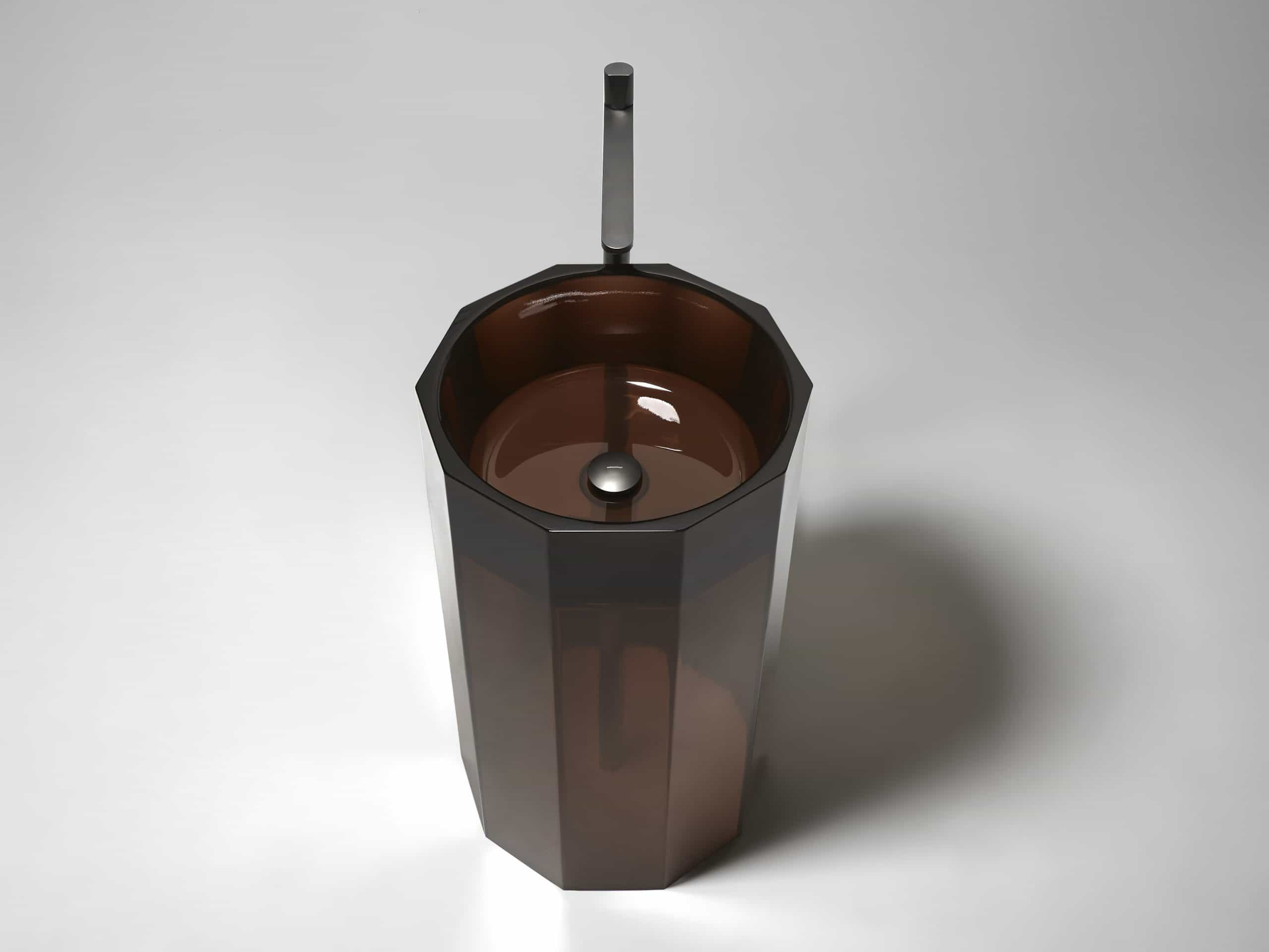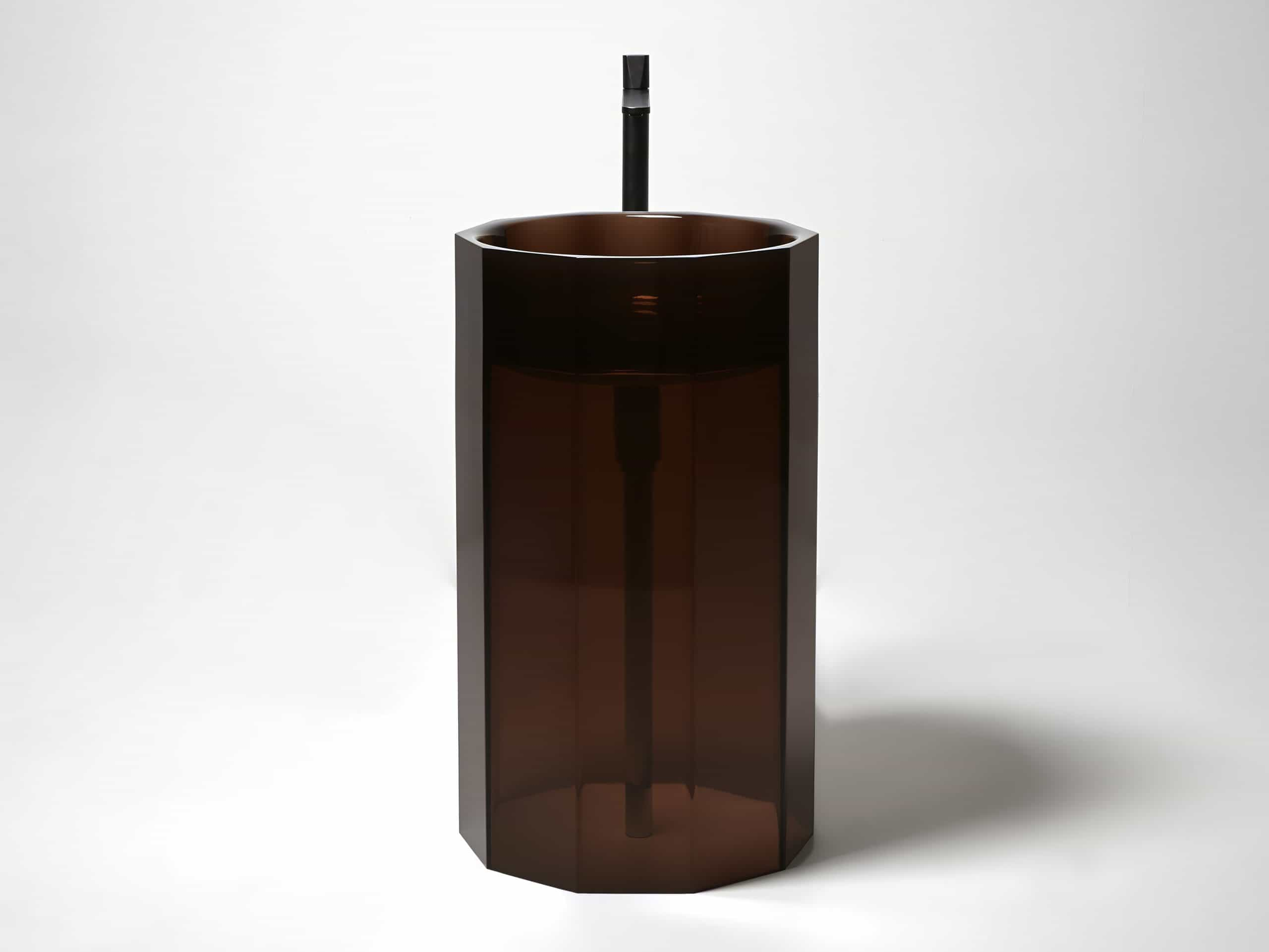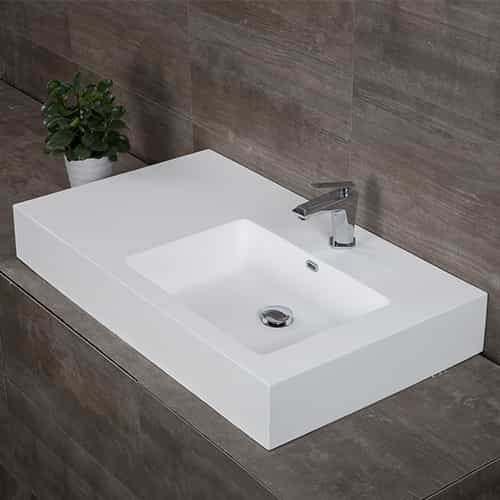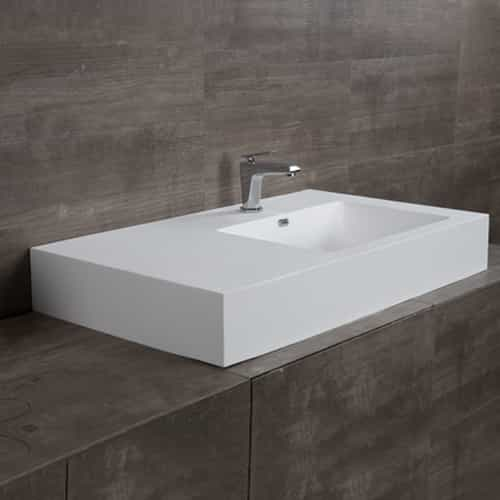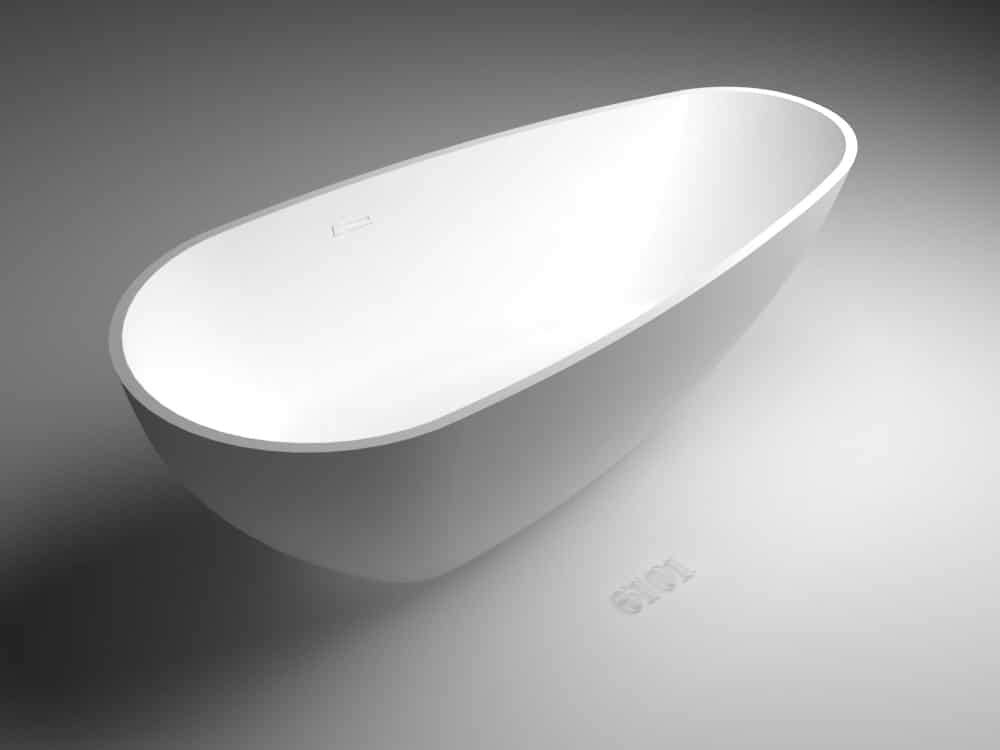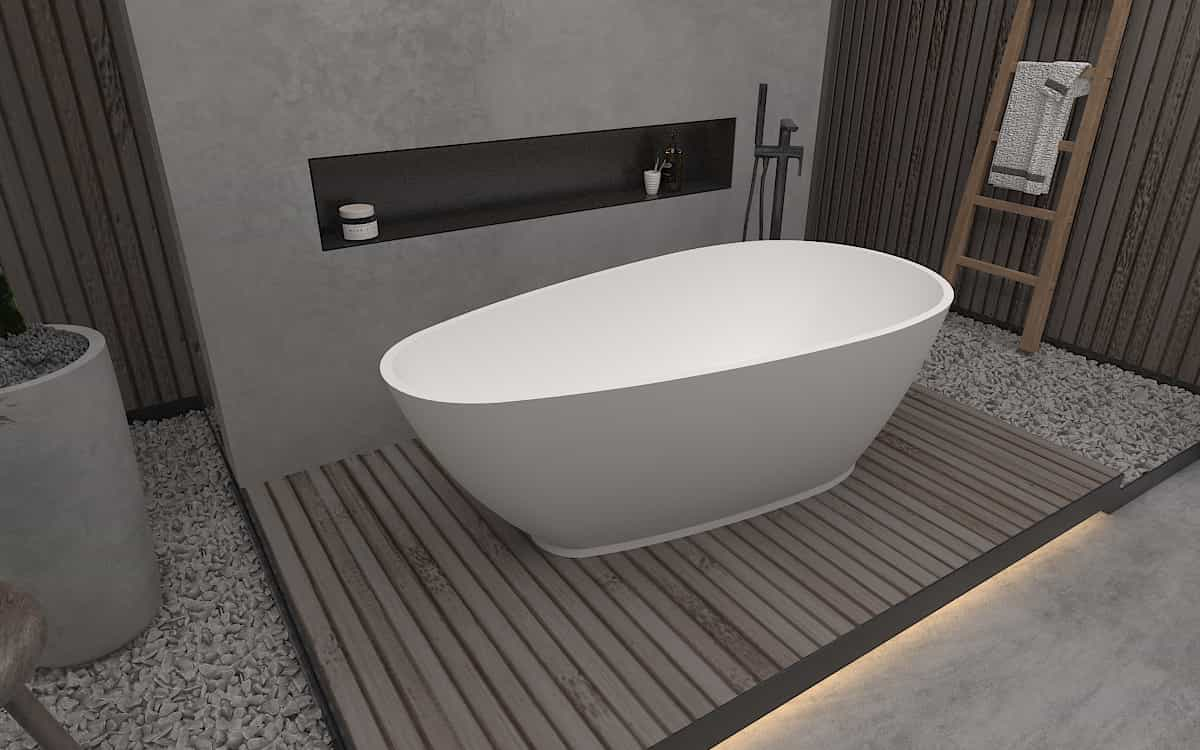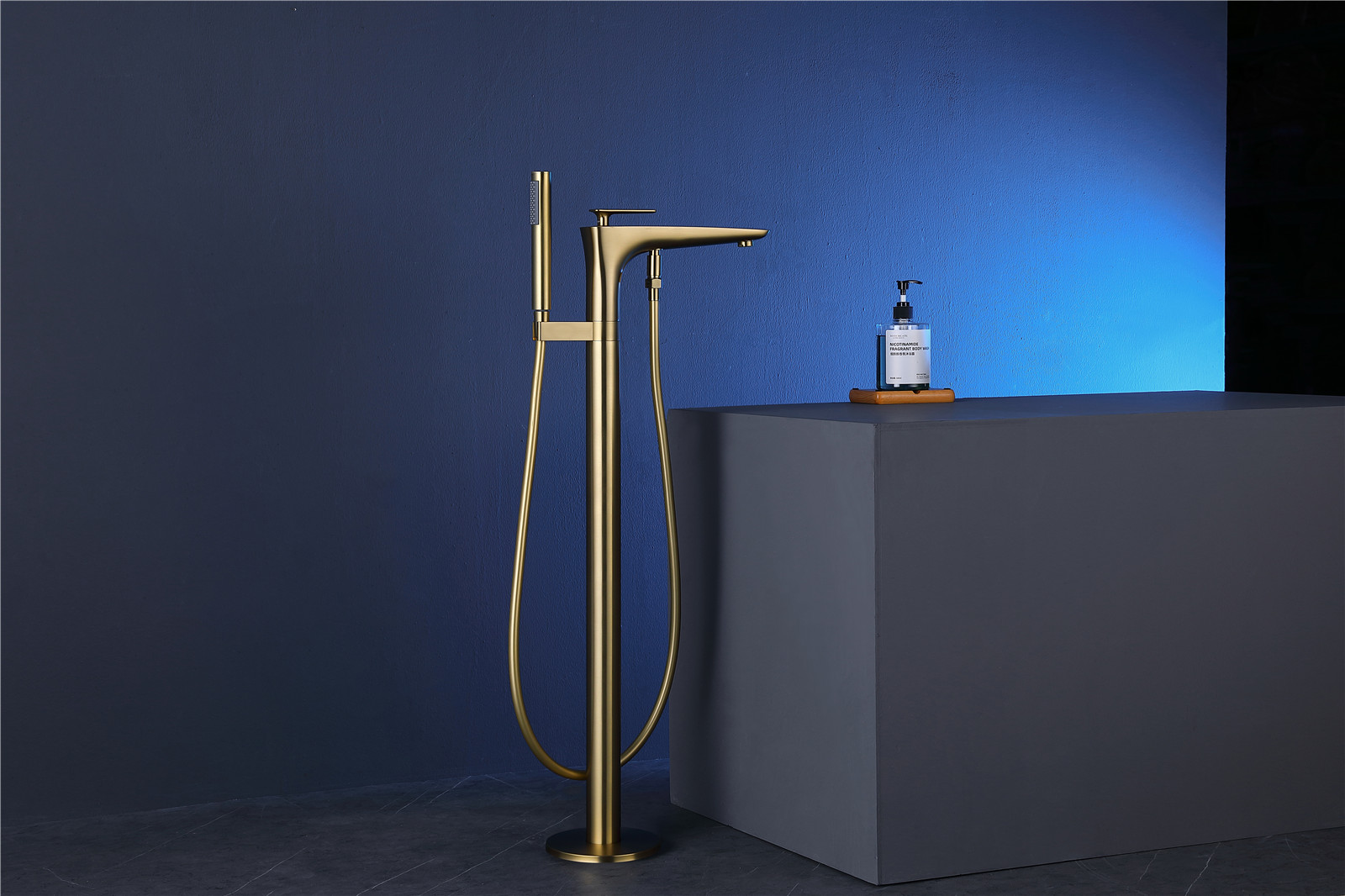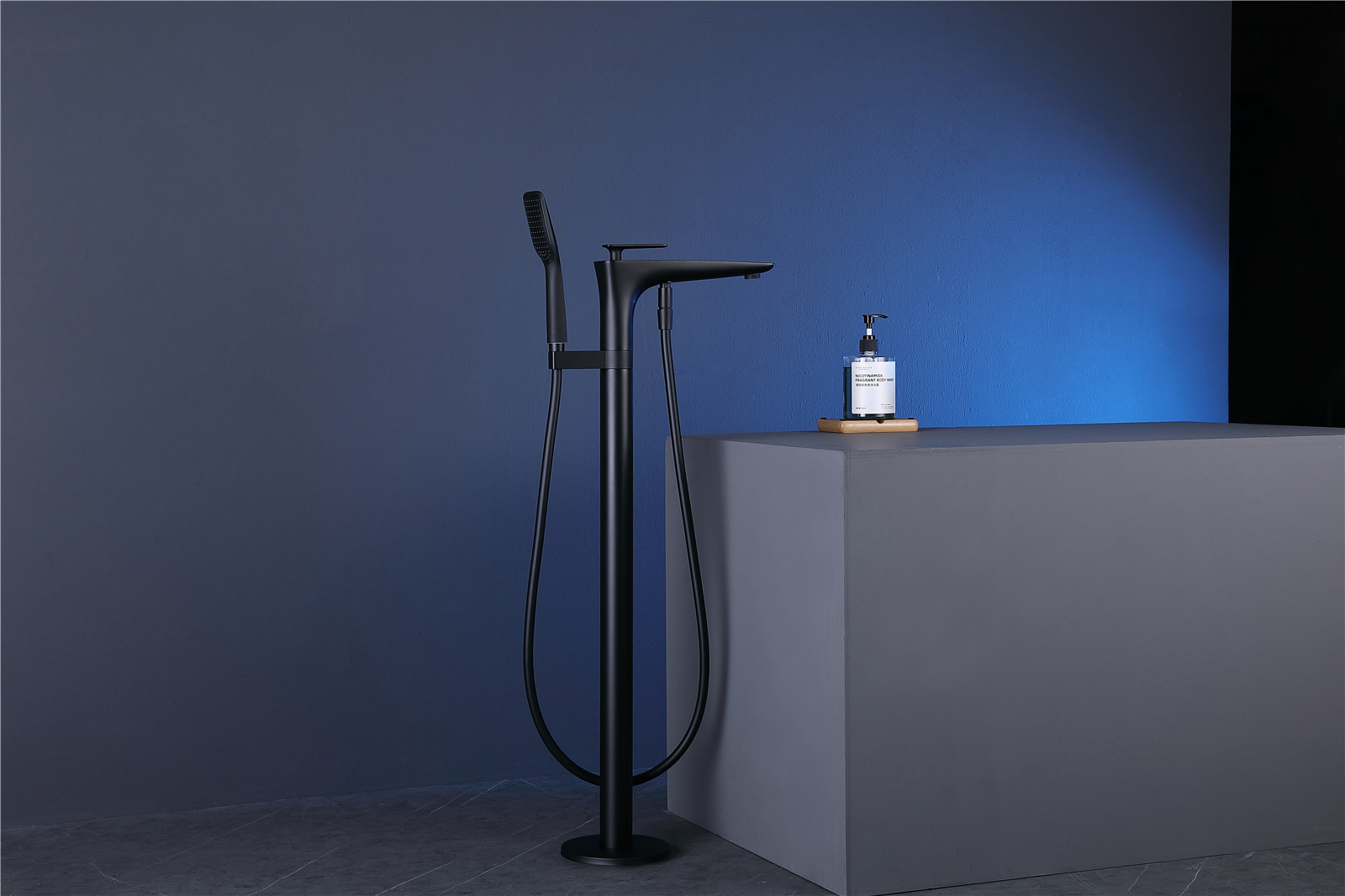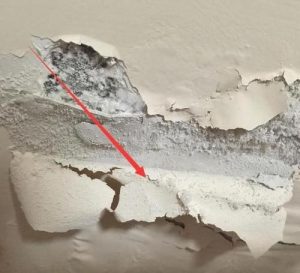
The weather is humid, dry and so on for the wall is a test, is the wall most likely to appear problems. In the rainy spring walls are prone to problems such as blistering, cracking, etc. These problems are of course related to the weather, but most of the reasons are due to the decoration materials and techniques that are not up to scratch. The following is our solution to common wall problems, I hope it will help you.
Wall problem one: blistering
Sometimes the wall will have a blister-like protrusion, but also contains grit, a slight touch will fall off. The causes of wall blistering are too much pigment added to the paint mix or mixed with debris; paint buckets, brushes, rollers or spray guns are not clean; paint surface completely dry before the moisture penetration into the paint resulting in the loss of adhesion of the paint film; painting the wall when not clean up the wall.
To solve the problem of wall blistering, first of all, avoid painting in the season of high humidity or weather, and secondly, the time interval between the number of brushing and painting, you must wait for the putty or paint film to dry and then paint the next layer, while cleaning up the construction environment before the paint construction and cleaning up the painted object.
When bubbles appear on the wall, firstly all blistering and peeling parts should be eradicated, but if the problem is caused by the putty of the wall substrate, it is necessary to eradicate the putty and choose a good suitable putty to re-scrape and do it again. Localized wall blistering can be done only partially scraped, and the edges of the scraped part will be smoothed, then primed and repainted again; if it is a large area of blistering, all must be scraped, wait until the wall is dry and then carry out construction.
Wall problem two: mold
Because the room is too wet, or long-term water immersion, the wall is easy to have spots of mold, or large areas of mold, and some even grow moss.
The first thing to do is to scrape off the moldy wall skin with a scraper, scraping off an area larger than the area of mold, and then to ventilate and dry, to ensure that it is not damp to facilitate the repair work later. Clean the scraped wall, put on the putty powder, and then put on lime after the putty dries, as lime can absorb moisture and keep dry; then put on waterproof paint and latex paint, and finally sand the wall once.
Wall problem three: cracking
Before the wall peeling, one kind of wall problem will appear is wall cracking, spider web-like cracks appear on the wall little by little until they are connected, leading to the wall peeling. The cause of wall cracking may be due to putty shrinkage, scraping the next putty before the previous putty dries, and painting the second putty before it dries, causing the putty to dry and crack in the back layer.
The remedy for cracking can be to put putty and paint on the cracks, but it cannot be completely eliminated. To prevent this problem, you should wait for the last putty to dry before scraping the next one, and the thickness of each putty should not exceed 2 mm. The crack should be scraped first, then scraped with putty, and then painted after the putty is dry.
Wall problem four: falling skin
Sometimes the decoration is completed soon after, the wall surface is floating and falling off in blocks of putty, mainly due to poor construction techniques, poor adhesion and shrinkage of putty and paint.
The construction process requires a professional construction team and experienced builders, which reminds us to be careful when looking for a decoration company and not to be greedy for cheap.
The solution to this problem requires reinforcement of the base, shoveling off the walls in the peeling area, thoroughly removing the debris from the walls, repainting the putty and painting.
There is a difference in the paint applied to the interior and exterior walls. Interior wall emulsion paint requires high scrub resistance, and it is easier to dirty the wall in home life, and can be wiped with water at any time. Exterior wall paint can be used for interior wall painting because it also has water resistance, while interior wall paint does not have sunlight resistance, so it cannot be used to paint exterior walls.
The above is a brief introduction to the solutions to common wall problems, I hope you can learn what you need through this article, to provide effective help, want to know more about the content of the solutions to common wall problems, please continue to pay attention to the Fuwu home network, we are happy to help you solve problems.

